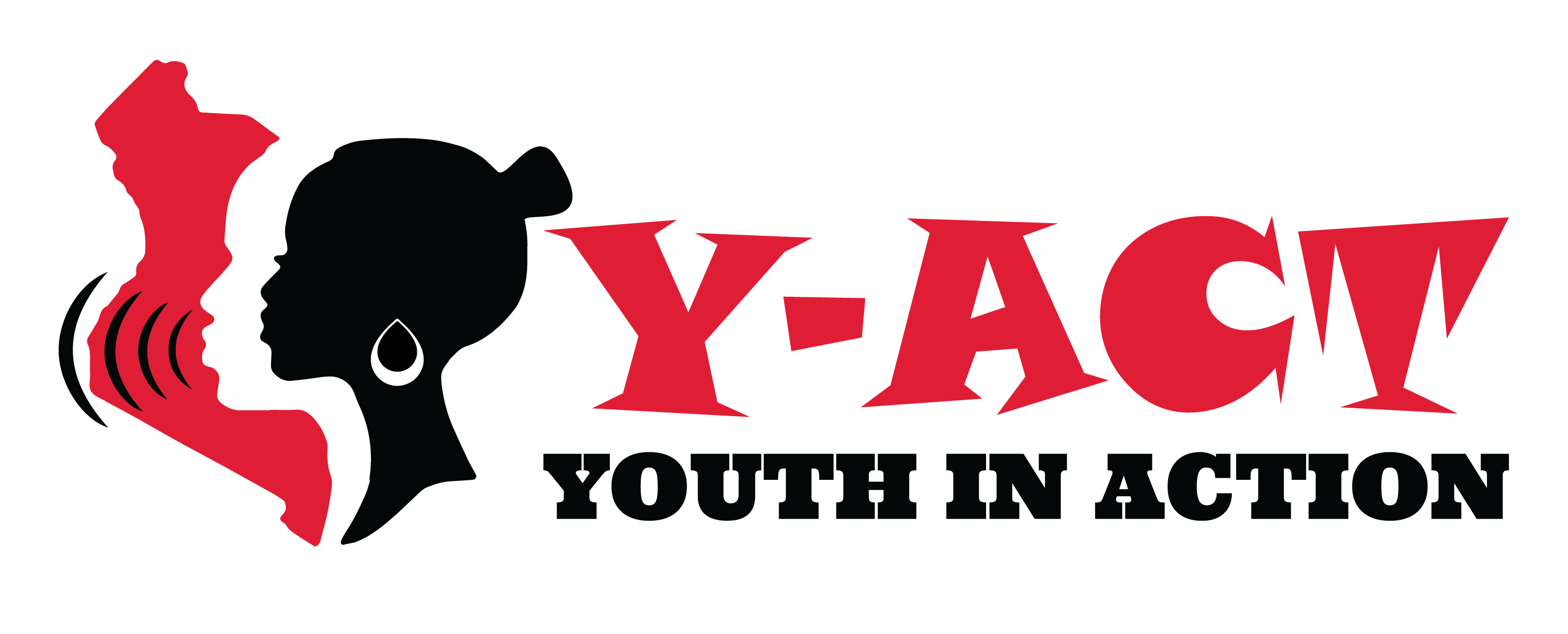Meaningful youth engagement means different things to different people. However, an ever-present component in its definition is young people, who are at its core. Meaningful adolescent and youth engagement can be defined as an inclusive, intentional, mutually-respectful partnership between adolescents, youth, and adults whereby power is shared, respective contributions are valued, and young people’s ideas, perspectives, skills, and strengths are integrated into the design and delivery of programs, strategies, policies, funding mechanisms, and organizations that affect their lives and their communities, countries, and world.
While young people note that tremendous strides have been made towards engaging them in governance, much remains to be done. Much too often, the priorities of young people are not reflected in government priorities, policies, and budgeting processes and outcomes. If we want to harness the demographic dividend of Kenyan youth, who make up approximately 70% of the country’s population, this narrative must change.
Young people face a myriad of challenges when it comes to their meaningful engagement in Kenya’s policymaking processes. For instance, the youth lack adequate information and capacity on the policymaking processes, which makes it difficult for them to meaningfully engage policymakers. Tokenization by policymakers also adds to this because young people in this instance are only included in policymaking to check a box, instead of equal partners who can contribute sustainable solutions to issues affecting them. The existence of “gatekeepers” through which the youth must grovel to get opportunities for engagement only makes matters worse not forgetting the ubiquitous challenges of marginalization, poverty and the lack of economic opportunities that plague youth prosperity.
Nevertheless, the situation is not all bleak, with many young people and youth-centred organizations constantly innovating to shift the current status quo in Kenya’s policymaking processes. The MYE Scorecard developed by Y-ACT and partners, youth advocates included is one such innovation; a unique tool designed to measure progress made towards meaningful youth participation. This tool functions as a double-edged sword, scoring both policymakers and youth advocates on its different principles to ensure equal ownership and accountability on both ends of the spectrum. The scorecard whose content is made easy to digest with its fun illustrations, truly makes the scoring process fun and easy to understand from the very first encounter with it. Dollarman Fatinato, a youth advocate from Nairobi county adds, “Using the scorecard to rate the Nairobi county government health department was quite thrilling because of how it places youth and decision makers as equal partners, all the while subtly recommending adjustments to how youth have been engaged in the past.”
Truly, the MYE Scorecard and many other tools like it herald a new age of Meaningful Youth Engagement, digital and responsive to the current trends. But… Are we there yet? Not even close. We have much farther to go before we can claim to have achieved peak MYE status not just in Kenya, but globally. What we know for sure is that young people are no longer waiting for opportunities to engage with policymakers no longer. Rather, they continue to take up their rightful spaces in society each day, shifting the policymaking culture into a more inclusive process, one that all youth deserve if they are to reach their highest potential and realize their rights to the fullest.
Meaningful youth engagement is a journey of a thousand miles, one that starts with young people rising up and taking up space in leadership to govern their destinies. Aren’t we glad to say that we’ve already taken the first step?
Written by: Beatrice Nyamwenge Okech
